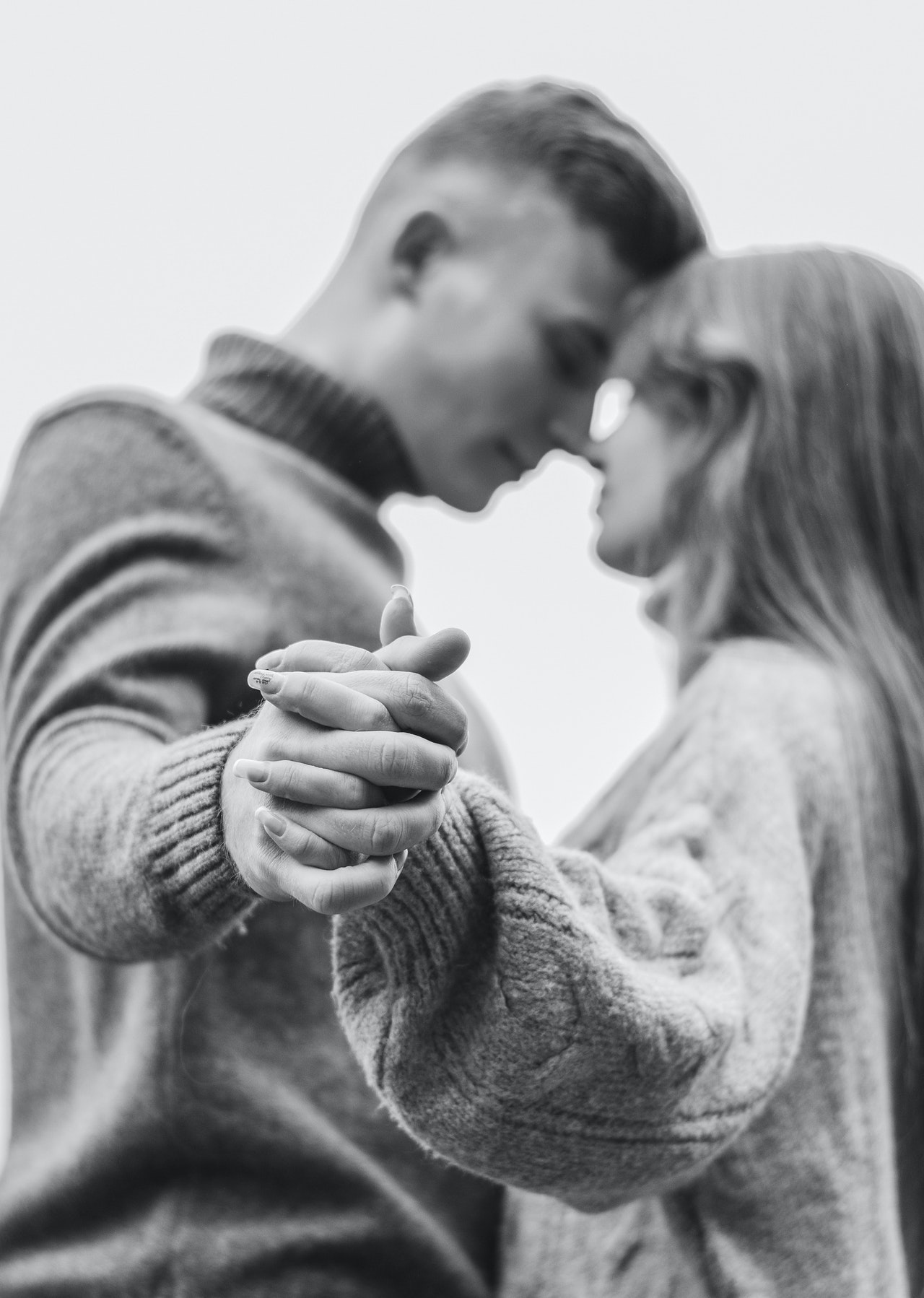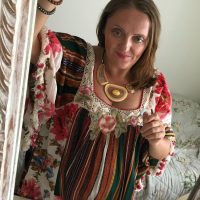
I believe that, to an extent, our soul journey is a PhD in love.
Unconditional love is the highest expression of the Divine. It is the very essence of our own Soul.
But when I was growing up, what I saw presented as love in my family, among friends, in the books and the poems that I read, was more about loneliness, neediness, codependency, or simply social status. I had a longing for something bigger. Something real, something that would invite the Divine into my life.
So how come my very first experience of love—and many subsequent others—was that of being a self-hating rescuer? Being secretly ashamed of my own choice? And yet congratulating myself on knowing how to love unconditionally?
Where did those templates originate? From the sacred stories of a goddess raising her man from the dead? From the collective feminine template of having to sacrifice herself on the altar of family happiness? Or were those just the archetypes that my mind had attached to, after already having decided that I am not worthy of love unless I sacrifice myself?
How come we want our souls to sing but end up with another broken guy to fix?
The Inner Child as a Rescuer
Being a rescuer often expresses itself as a pattern of codependency in a relationship. A codependent will cling and grasp even if a relationship is dysfunctional, abusive, or is otherwise making them lose their sense of self.
The root of this pattern is in our own feelings of inadequacy and unworthiness. But these feelings are difficult to face—and so we gloss over them with lofty spiritual ideals or dreams of unconditional twin flame love.
Rather than filling our own cup before we pour to anyone else, we start chasing love, as if attempting to persuade our partner that we are a loving and good person. But the partner is somehow not convinced. He will not heal and will not change because in the end, he is just a mirror of how I feel about myself.
No one is able to give us the love that we lack in the first place.
I believe this pattern is played out by the wounded inner child. That child feels she is not good enough. That’s what she learned from her parents (who were also wounded), and that’s what her universe keeps reflecting back unto her. Her body is not good enough, her education is not good enough, she is never competent enough. Whoever she is, whatever she does, is simply not good enough.
As I started working on healing my inner child, I felt that somehow I had to change her. To numb her with alcohol or food. To teach her forgiveness. To go in and rescue her. But the truth is, she will always be an integral part of me.
That hurt little girl who feels she doesn’t cut it the way she is. She is one of the many facets of me. And she is welcome. She deserves love, acceptance, and a warm embrace. The only thing I had to learn was to set boundaries. And to impose them on her. She is not allowed to decide my life for me.
The Porous Boundaries of Empaths and Highly Sensitive Persons
The rationale behind a relationship that is based on trying to heal or fix someone, on the need to find and rescue the “lost puppies” of the world, is actually quite simple. I feel inadequate, therefore, I will try to fix you. It will sound even better and more spiritual if I dress this need to fix and rescue as practicing unconditional love. Anything is better than dealing with my own pain.
Very often, it is empaths and highly sensitive persons who have a tendency to become rescuers, to get into codependent relationships—and to have a vague idea of what boundaries are.
From my experience, overactive empathy is often triggered by having our energetic and emotional boundaries violated in childhood. Heightened sensitivity becomes a way of survival, of tuning in to other people in order to avoid further problems and confrontations.
But because empaths feel the emotions of others deeply, as if they were their own, they tend to resonate strongly with practicing unconditional love and compassion. The problems start when they want to give love, not realizing that they project their own ideal version of reality onto others.
This projection of unconditional love never works because it is not real. This is the love that we need to learn to give to ourselves first. With everyone else, unconditionality implies strong boundaries.
Learning Love
True unconditional love balances compassion with wisdom. Unconditional love is based on all-encompassing trust. Trust, above all, that everyone has their own capacity to heal and seek healing. And if someone wants to destroy their life rather than take responsibility, trust that this is the choice of their soul and we can not change anyone against their will.
And the good news for the habitual rescuer is that their unawakened partner takes on the greatest service of all. They refuse to give us what we think is love. The coldness, the rejection, the taking without giving is doing us a soul-level service—teaching us how to really love.
Unconditional love is us becoming love. If we see love as something outside of ourselves, if we demand love from others, or blame them for not loving us, we are only perpetuating the same old pattern. The broken-hearted little girl trying to earn love.
While we may understand this intellectually, and even think that we implemented it before in our lives, there are layers of our soul and personality that have not yet integrated this concept. These layers often show up with deeper and stronger connections, the ones that touch us at the level of our souls.
For some of us, healing the desperation and letting go of control is the hardest thing in the world. Our own wounds run too deep, or we want to be “nice” and feel needed. Finding someone to help and fix is the most wonderful way to forget about our own pain.
I believe the litmus test of where rescuing and codependency ends and unconditional love begins is whether we see ourselves as one of the embodiments of the Divine. And honor ourselves as such. The details of how we define our boundaries and what we practice are secondary.
Ultimately, the journey is about us reconnecting with the loving essence of our souls.
~
Please consider Boosting our authors’ articles in their first week to help them win Elephant’s Ecosystem so they can get paid and write more.


 Share on bsky
Share on bsky




Read 12 comments and reply